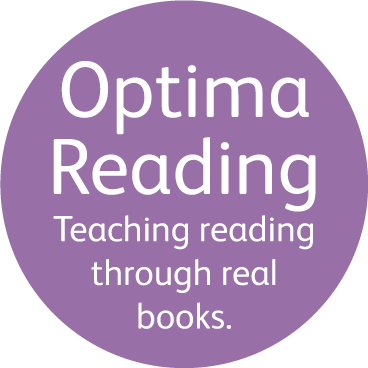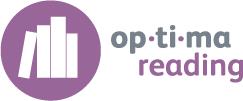Teaching Synthetic Phonics Through Real BooksThe starting point when designing Optima Reading was to ensure that children read for pleasure and develop a lifelong love of reading. We felt that this would best be done via real books rathe r than highly decodable, phonically regular ones designed exclusively for children to practise their phonic skills and not to read for pleasure. Advocates of teaching phonics ‘first, fast and only’, whose growing influence has contributed to the way reading has been taught in England since 2010 have argued that: Children are only taught to read through texts fully within their current phonological ability. So, although children might encounter words they do not understand, they are not given texts they cannot decode and are therefore not expected to infer words from context or syntax (Education and Skills Committee, para 25).’ Yet we read in order to understand, not just to decode. Our research shows that the core phonic skills that children need occur with great frequency in real books and that these books give pupils the appropriate opportunities to apply and practice their skills in context, as well as teaching them to love reading – since pleasure is always the most rapid route to acquiring new skills. 
|

